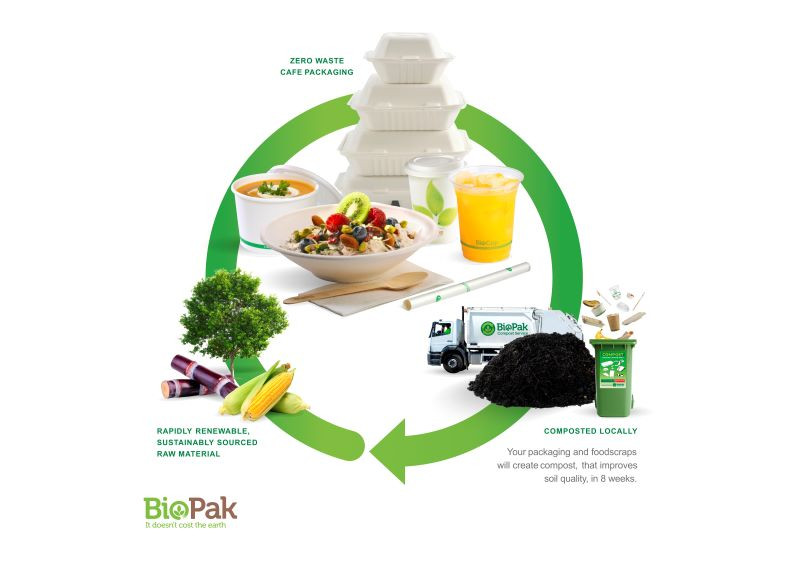
Composting to Achieve a Circular Economy
4th Sep 2020
What is Composting?
By composting, you can turn waste into food and contribute to the circular economy. Composting is turning organic matter – food, bioplastics – into nutrient-rich soil through the activity of microbial organisms.
What is a Circular Economy?
Our aim is for a no-waste society - which is a circular economy. A circular economy is one in which no material is wasted. At the end of an object's life, it is given back into the production system to create something new. This is usually through composting or recycling.
Why a Circular Economy?
In Australia, we produce 67 million tonnes of waste each year. Most of this is not recycled. Australians produce 67 million tonnes of waste each year, according to the most up-to-date statistics. And not enough of it is being recycled, often due to complex packaging and 'wish-cycling' – putting something in the recycling bin in the hope it will get recycled, but usually dooming the rest of the bin to landfill instead. In addition, something that people often don't realise is that they're not recycling unless they're buying recycled. This includes businesses and governments as well as individuals.
Why you should choose compostable
When you choose compostable, you choose a circular economy. By choosing products that can be composted at the end of their life, instead of sent to recycling, you are contributing to Australia's circular economy – and perhaps moving us towards a solution on waste.
Information taken from ABC News. Read about three ways to keep your packaging competitive, and refresh yourself on sustainable packaging, on our blog.
Planet Friendly Packaging acknowledges the traditional custodians of the land on which we work. Our thoughts go out to everyone affected by COVID-19. Stay safe.

